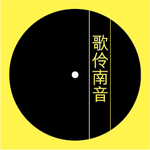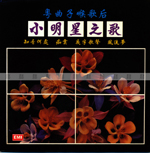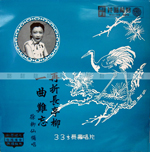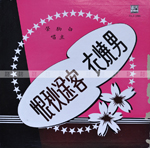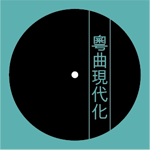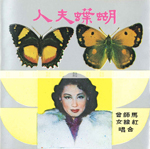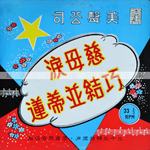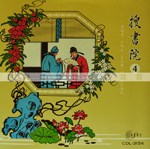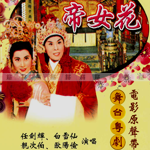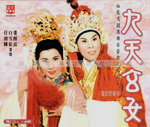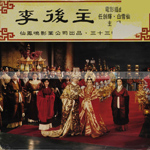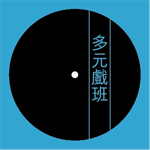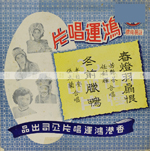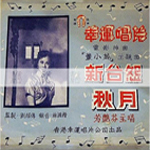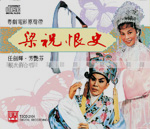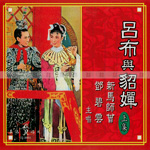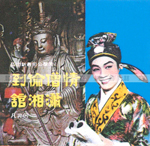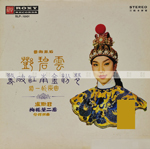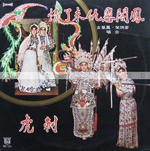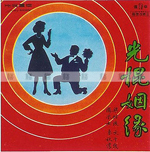Since the early twentieth century, Hong Kong has always been an important venue for Cantonese opera development. After 1949, as a result of political turmoil in the Mainland, performers and troupes converged and resettled in the territory, leading to a tremendous prospering of Cantonese opera in the subsequent decade. This development is linked intimately with the rise of the electronic media.
Performers and troupes began to grasp the possibilities offered by film and radio to re-examine age-old performance practices with regard to acting, singing, script writing, instrumentation, and stage set-up. They brought in novel elements from the theatre and movie world, and participated in the production of films and records. With these acts, they are extending the movement to modernize Cantonese opera that began in the 1930s.
Wong Jum-sum was thoroughly immersed in the world of Cantonese opera from young. Through his close encounter with master performers like Hung Sin-nui, Ma Si-tsang, Yam Kim-fai, Pak Suet-sin and Tong Dik-sang, he witnessed first hand the modernization of Cantonese opera, and was mightily moved by the adventure and passion he saw.
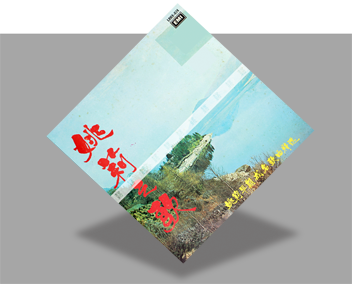

作曲:懷鈺(陳歌辛)
作詞:懷鈺(陳歌辛)
主唱:姚莉、姚敏
莉:夜留下一片寂寞
河邊不見人影一個
我挽著你 你挽著我
暗的街上來往走著
夜留下一片寂寞
河邊只有我們兩個
星星在笑 風兒在妒
輕輕吹起我的衣角
莉:我們走著迷失了方向
敏:我們走著迷失了方向
莉:儘在暗的河邊徬徨
敏:儘在暗的河邊徬徨
莉:不知是世界離棄了我們
敏:不知是世界離棄了我們
合:還是我們把他遺忘
莉:夜留下一片
合:寂寞
莉:世上只有我們兩個
我望著你 你望著我
千言萬語變作
合:沉默
莉:夜留下一片
合:寂寞
莉:世上只有我們兩個
我望著你 你望著我
千言萬語變作
合:沉默
